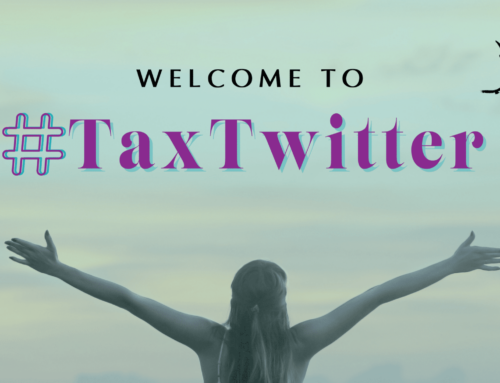South Florida’s Tech Scene has been trying to break out for decades now, but Miami is poised to make a real effort. Every city makes the rounds as the “next Silicon Valley” but the “Miami-Silicon Valley” connections have been growing for years, as investors choose to split their time and establish their tax domicile in income tax free Florida. But Miami’s growth and revitalization has made it a promising destination for tech investors and entrepreneurs. Discussions got a little more serious a few weeks ago when a Silicon Valley investor suggested the idea on Twitter, and Miami Mayor Suarez offered his help.
How can I help? https://t.co/hIC1k8ka1i
— Mayor Francis Suarez (@FrancisSuarez) December 5, 2020
Moving Silicon Valley to Miami seems impossible, but Miami is a logical destination for startups in luxury goods, international business, and industries where a multilingual business culture provides a huge advantage. Technology firms may find themselves at home in Miami, which has an increasingly educated workforce and a business friendly climate.
Investors have been moving their tax domicile to Florida for decades, a service we specialize in. What makes this different is the push to get the business infrastructure to follow them.
At Z9 Ventures, we’ve been able to experience the good and the bad opportunities of early stage investments in Miami. In previous years, the shortage of business and technology talent made south Florida a non-starter for startups. However, an influx of talent relocating from California and New York, even if part time, and the willingness to utilize remote workers makes Miami a more serious consideration. Sharing a timezone with New York City, and regular flights, gives Miami certain advantages as well.
A few weeks ago, Crunchbase News added Miami to it’s Emerging Startup Hubs Series, Why Miami Is The Next Hot Tech Hub ‘This Is Not a Retirement Decision.’ For decades, wealthy retirees have relocated to south Florida for better weather, cheaper housing, and the lack of a state income tax system. A variety of venture capitalists, hedge fund managers, and technology leaders have relocated, with the movement gathering momentum, at least on Twitter.
“Miami is something to be taken seriously.”
???????????? @marceloclaure @monicasblack @rubenharris @nicberardi https://t.co/dDs3nOIukR
— Raul Moas (@rmoas) January 28, 2021
Unlike Jeb Bush’s Internet Coast initiative 20 years ago, Mayor Suarez’s Twitter campaign feels like it’s got a stronger chance of success. Governor DeSantis has been aggressive about protecting Florida’s economy while weathering the COVID-19 Pandemic, and that support with organic efforts in Miami may make this work.
What would a Miami Silicon Valley look like?
A Miami Silicon Valley is thoroughly International, with talent migrating from around the world for the opportunities presented here. In Subscribed (which we covered in Bette’s Business Book Club), Tien Tzuo noted that it isn’t national borders that define businesses, but language. Not only is Miami a fully bilingual city for Spanish and English speakers, native speakers of a variety of languages can be found here, making Miami a natural destination for businesses with a global focus.
With multiple highways and a variety of suburbs with a unique flare, Miami offers interesting lifestyle options for technology investors and leaders. Inside the Miami-Fort Lauderdale media market, you have a variety of waterfront housing, catering to boaters, beach goers, high-rise dwellers, and even horse ranches. While the outdoor lifestyle is different from Northern California, with year-round warm weather, Miami has a tremendous number of activities to engage in year round.
Does a Miami Silicon Valley need stronger universities?
Miami would definitely benefit from a higher caliber school, the way Stanford and UC Berkeley anchor the San Francisco world, and MIT and Harvard anchor Boston’s tech scenes. However, Florida’s education system has gotten substantially better than many realize. Both University of Florida in Gainesville and the University of Miami are Top 50 schools. No doubt California’s university infrastructure is stronger, with 10 Top 50 schools, two of which are Top 10, but Florida does have access to educational resources.
Will Miami Break Out this Decade?
Miami built a huge surplus of condominiums during the last building boom, providing housing options. The weather, business climate, and human capital makes Miami a valid choice for venture capitalists and investors looking for new opportunities. Will Miami become the dominant technology city? Probably not. Will technology join tourism and real estate as major industries in South Florida? Absolutely.






